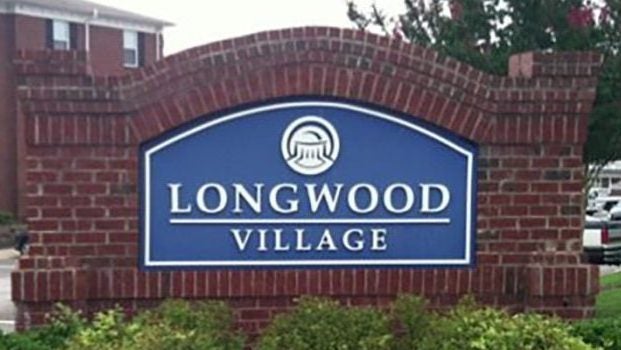What’s the timeline for Longwood Village?
Published 9:56 pm Thursday, June 1, 2023
|
Getting your Trinity Audio player ready...
|
FARMVILLE – Don’t expect a decision on the future of Longwood Village anytime soon. In fact, the Better Housing Coalition (BHC) still has several months left on its agreement before any final decisions need to be made.
“At present, BHC has through December 2023 to complete all due diligence,” said Lori Blackwood. She serves as executive director for the Longwood University Real Estate Foundation, which is handling the sale of Longwood Village.
But just because there’s a current end date after December, that doesn’t mean the Richmond-based nonprofit has to finalize their decision to buy at that point either.
“The real estate foundation can amend the agreement and grant an extension of the due diligence period to BHC if needed,” Blackwood added.
First off, some background. When we say Longwood Village, that’s referring to the property on Clark Street in Farmville, behind Sheetz. It was originally used as housing for Longwood University students, hence the name. The property covers an estimated 20 acres, with eight buildings and 96 total housing units right now. The construction is all on 10 acres, with the remaining 10 acres currently vacant.
Why are we talking about this now? Because multiple offers have been put in to buy the property, including one back in March from the Farmville Affordable Housing Alliance. But right now, the area’s future is in the hands of the BHC. Why? They’re the ones with a signed purchase agreement in hand.
Longwood Village is ‘under contract’
To be clear, while this puts the property “under contract”, it’s not a finished deal. A signed purchase agreement defines the terms of the sale, such as price and includes conditions that have to be met before a deal goes through. It also typically has a targeted end date, where the prospective buyer has to either go through with the purchase or back out. As Blackwood said, the current targeted end date for this is the end of December.
In the summer of 2022, the Richmond-based nonprofit BHC held a series of meetings, asking residents what they wanted to see done with the property. In those meetings, residents called for more senior housing, some additional townhouses and more commercial development. Soon after, the group started the process to draw up a purchase agreement.
“The Longwood Real Estate Foundation has been working for a couple years now with the Better Housing Coalition on a process of community needs assessment and feedback, and design regarding their vision for Longwood Village,” Blackwood said. “They have been outstanding partners with a strong track record in other communities, committed to filling an important need for Farmville’s future prosperity.”
The majority of BHC’s work right now involves communities in Richmond, Petersburg and Midlothian. If the Farmville deal goes through, this would be the group’s first step out of the Richmond area.
BHC crunches numbers
And so far, the BHC has been busy in Farmville. They brought in engineers to look at needed repairs. They’ve also started work on a market study, one that helps look at the average market rent in Farmville and what price point people can afford.
If that sounds familiar, it’s because a similar study was done here in 2019. It found one in five households in Prince Edward County earns less than $20,000 per year. Two in five earn less than $35,000 per year. At the same time, average home prices in the area necessitate an annual salary of $42,000 (for ownership) or $31,800 for rental according to the study.
There is also a housing size mismatch, according to that 2019 study. Seventy-three percent of the study area’s housing units are three bedrooms or larger, while 63% of the population exists in one or two-person households. For the 4,061 one- or two-person households in the study area, there are only 1,933 studios, one-, or two-bedroom housing units. That is a gap of 2,128 smaller housing units.
And then there’s the issue of being cost burdened. The U.S. Census Bureau defines cost burdened as someone who has to pay more than 30% of their income for housing.
The problem for Farmville is that 22% of its current homeowners are cost burdened, according to that latest data from the U.S. Census Bureau. The percentage jumps even higher when you start talking about renters. An estimated 44.8% of renters in the area fall under that label.
But again, some of those numbers come from 2019, so they’re outdated. That’s especially true when you consider the impact the pandemic had on home ownership.





